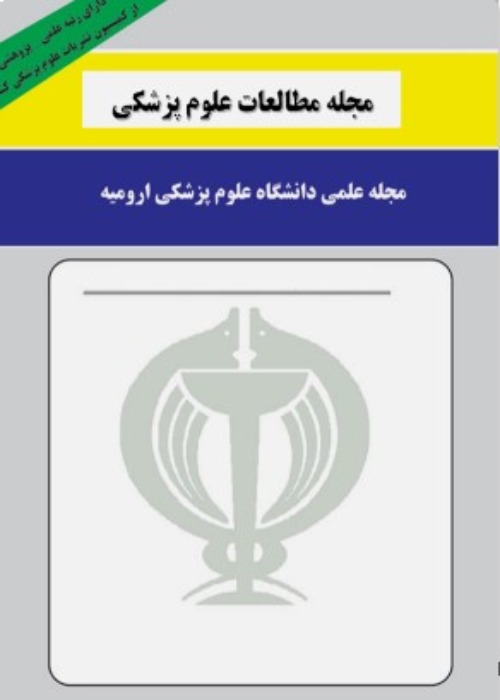IMMUNOLOGICAL EFFECTS OF FLGE2 RECOMBINANT PROTEIN IN HELICOBACTER PYLORI ON TNF-A CYTOKINE PRODUCTION IN MACROPHAGE CELLS IN VITRO
Helicobacter pylori is a gram-negative bacillus that can be colonized in the mucosal layers of the human stomach. According to the classification of the World Health Organization, this organism is among the class 1 carcinogens. Although numerous studies have been performed on the reaction between H. pylori and immune cells, however, the study of the reaction of individual pathogens with these cells can reveal obscure aspects of the pathogenesis of this bacterium. It is important to study the reaction between some pathogenic factors of H. pylori such as CagA and VacA with immune cells has begun. On the other hand, by examining the type of reaction of a factor that is considered also as a vaccine candidate, we can evaluate the type of immune cell stimulation behavior of the factor in vitro before injection of it into the laboratory animal. FlgE2 recombinant protein from H. pylori can be considered as a suitable candidate that has not been studied yet. The aim of this study was to evaluate the immunological effects of FlgE2 on the amount of TNF-alpha production in macrophage cells in laboratory conditions by ELISA method.
In this experimental study with the bioethical code of SBU/1542/D, FlgE2 recombinant protein was expressed and purified. Peritoneal macrophages of mice were extracted. Different concentrations of 4, 20, 40, and 80 μg/ml were used to evaluate the effects of recombinant protein on macrophage cells. Exposure supernatant was isolated and used to evaluate the effects of cytokines on ELISA.
Based on statistical analysis, the highest secretion was observed at the concentration of 20 µg/ml and then at the concentration of 4 µg/ml (P<0.0001) and 40 µg/ml (P <0.0017). Statistical analysis shows that there was a significant and close difference at 4, 20, and 40 µg/ml, compared to the control group; however, the amount of TNF-α at the concentration of 80 µg/ml was not significantly different from control group (P = 0.4028).
This study showed that the recombinant FlgE2 protein is one of the important factors in the pathogenicity of H. pylori and its structure and function are very important for effective vaccine candidate strategies. This protein factor can stimulate the immune system and activate macrophages. As a result, investigation of the effects of this protein separately can lead to new treatment strategies and prevention of H. pylori infections, which has involved half of the world's population.
- حق عضویت دریافتی صرف حمایت از نشریات عضو و نگهداری، تکمیل و توسعه مگیران میشود.
- پرداخت حق اشتراک و دانلود مقالات اجازه بازنشر آن در سایر رسانههای چاپی و دیجیتال را به کاربر نمیدهد.



